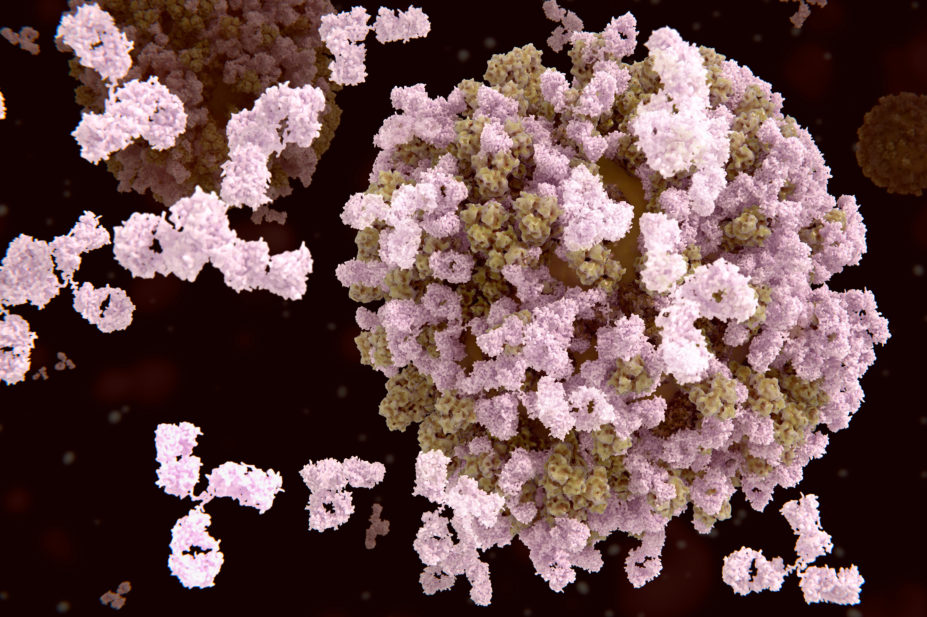
Shutterstock.com
Flu vaccination is recommended for pregnant women and also confers some protection against the virus to their infant in the first six months of life. But exposure to flu vaccination is known to lower antibody responses to subsequent vaccination.
To explore the effect of this in pregnancy, researchers studied 141 pregnant women who were given the quadrivalent influenza vaccine.
They found that those who had received prior vaccination in the previous year had higher baseline influenza antibody titers and attenuated antibody responses at 30 days post-vaccination, compared with women without prior vaccination. However, there was no significant difference in maternal antibody levels at delivery or the levels transferred to the newborn baby, as measured in cord blood.
Reporting in Vaccine (online, 1 August 2017), the researchers said the findings indicate that flu vaccination prior to pregnancy does not significantly affect the protection conferred to the newborn infant by maternal flu vaccination[1]
.
References
[1] Christian L, Beverly C, Mitchell A et al. Effects of prior influenza virus vaccination on maternal antibody responses: implications for achieving protection in the newborns. Vaccine 2017. doi: 10.1016/j.vaccine.2017.05.050


